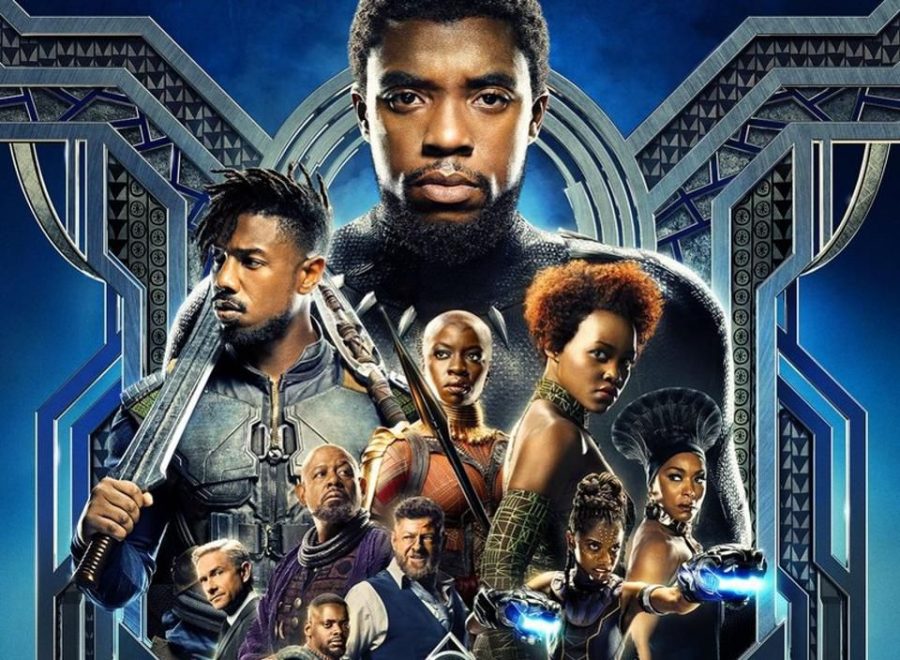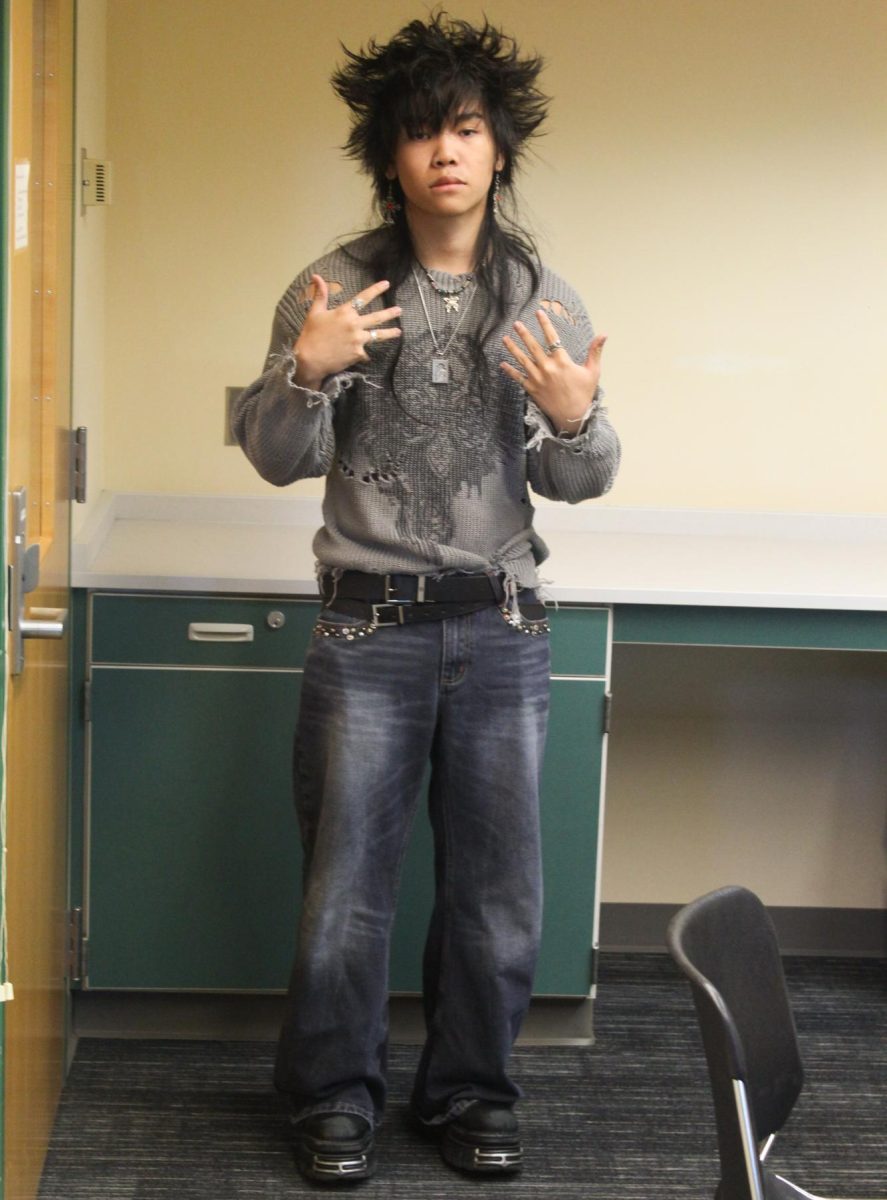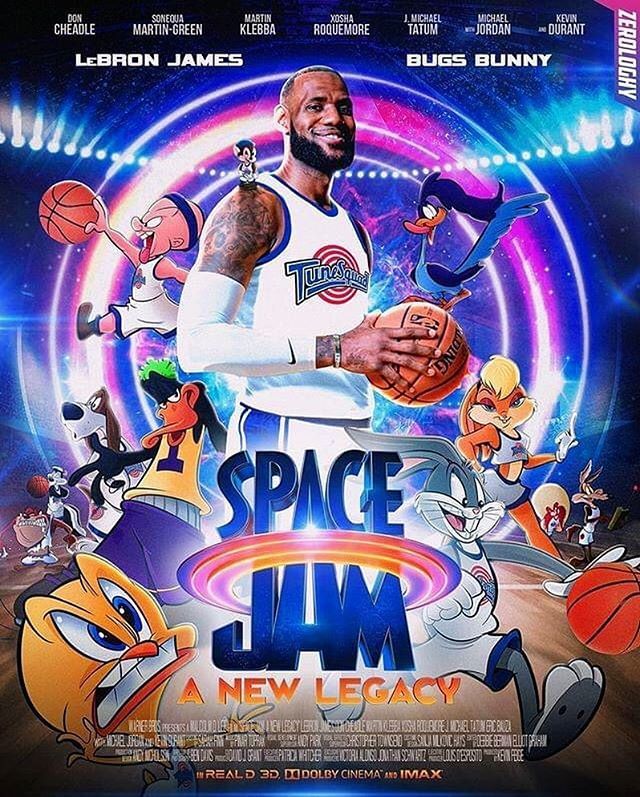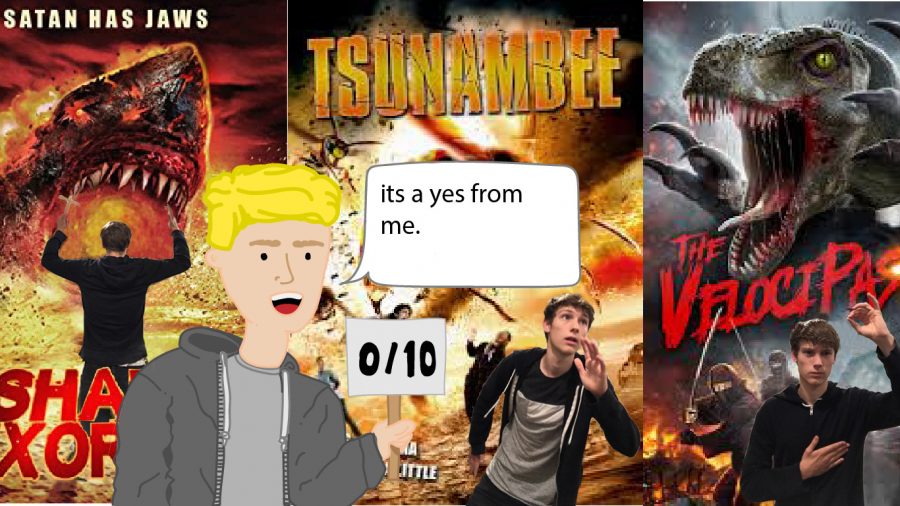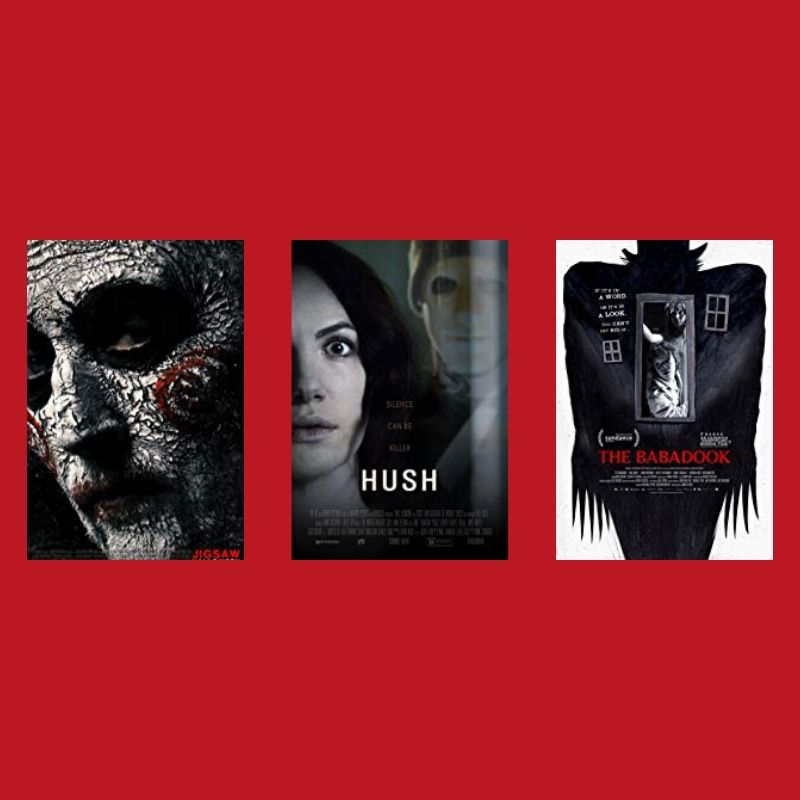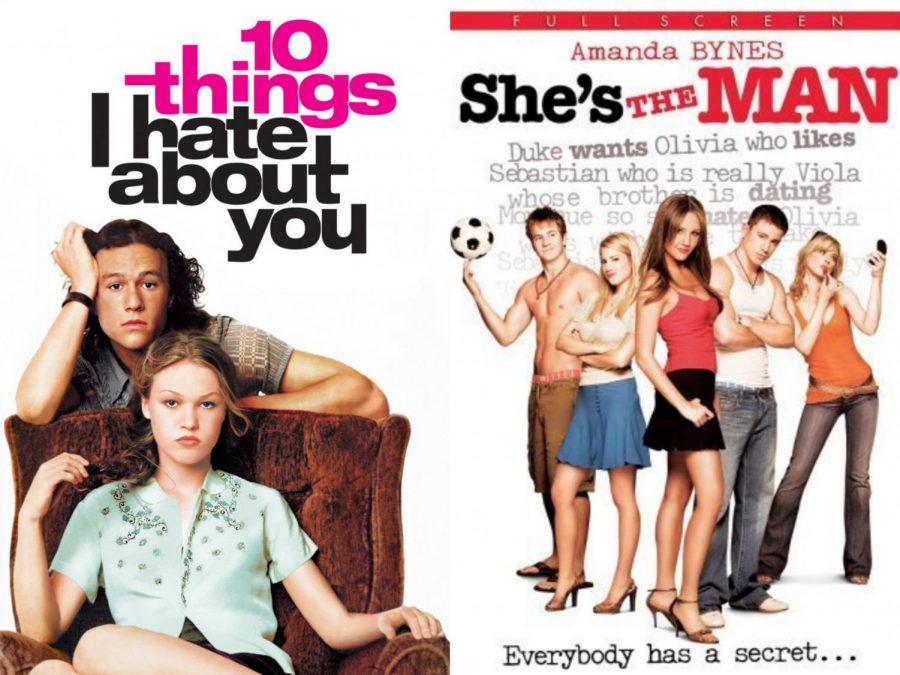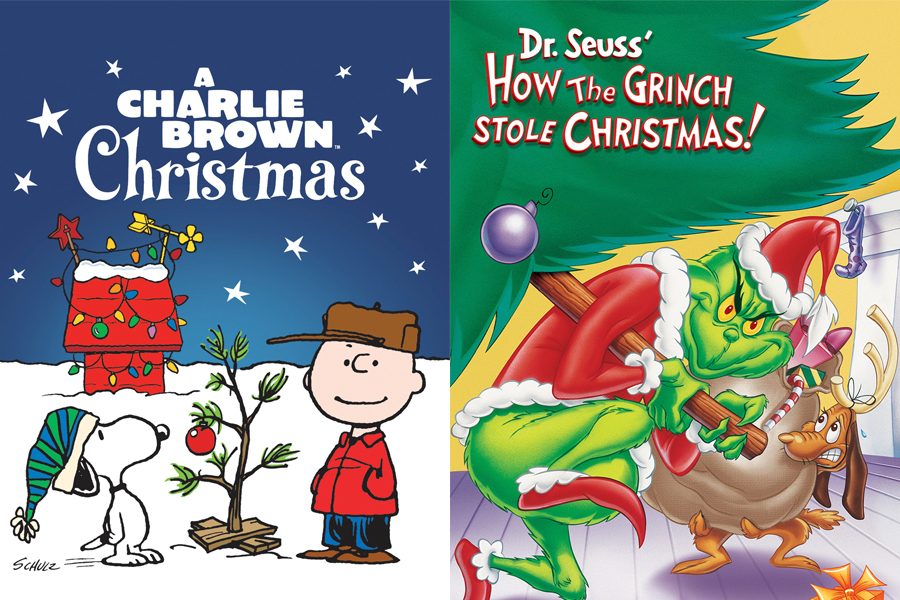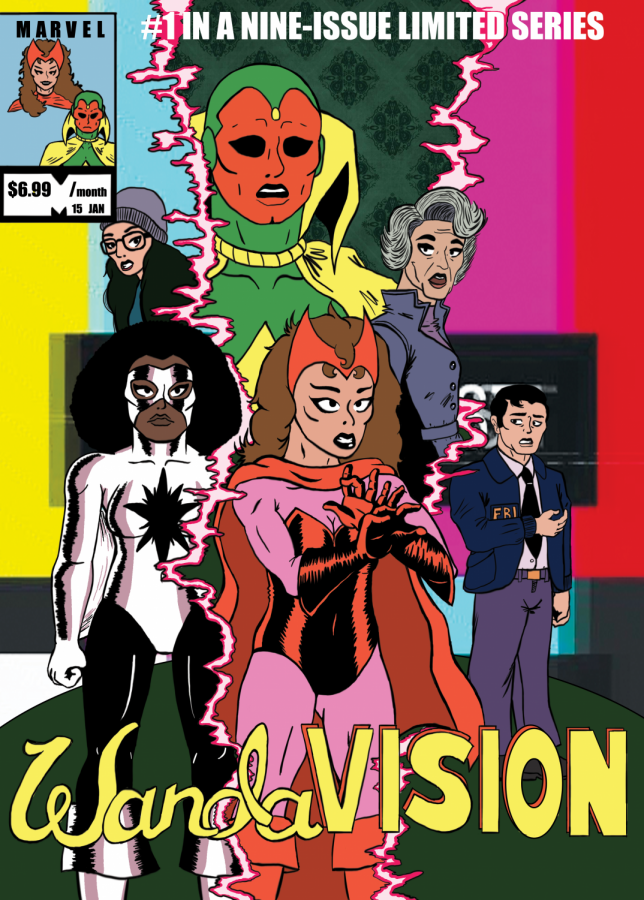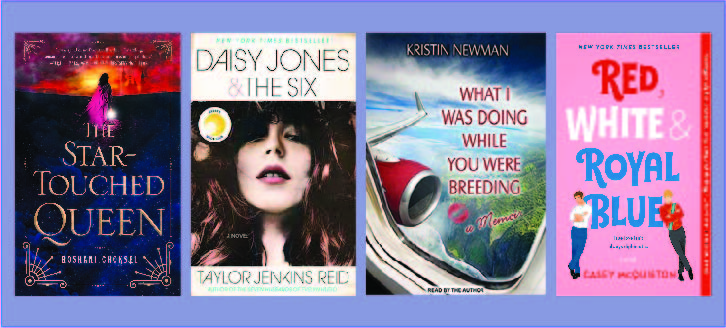Whenever a new Marvel movie comes out, it’s usually met with a reasonable amount of buzz and a wave of enthusiasm from fans. The latest Marvel movie, however, has got the whole country talking — for good reason. “Black Panther,” which takes place in the fictional, secretive and wealthy of Wakanda in central Africa, features a cast with an unprecedented majority of African American cast and crew. On top of these groundbreaking achievements, “Black Panther” doesn’t fail to deliver as a classic Marvel superhero movie while going above and beyond to include a deep, meaningful plot.
The character of the Black Panther — who is also the King of Wakanda, T’Challa, and beautifully portrayed by Chadwick Boseman — was first introduced to Marvel Cinematic audiences in “Captain America: Civil War,” which came out in 2016. In “Civil War,” T’Challa’s father, the then king T’Chaka, is killed in a terrorist attack. The plot of “Black Panther” deals heavily with T’Challa’s ascension to the throne, while also including the rich history of the country of Wakanda and the intense ramifications of a mistake T’Challa’s father made years before the movie begins.
On top of a plot more nuanced than that of the average Marvel movie, “Black Panther” also provides a rich array of characters. Early in the movie, the audience is introduced to Okoye (Danai Gurira) and Nakia (Lupita Nyong’o), who are T’Challa’s general and ex-girlfriend, respectively. Despite the superhuman abilities gifted to the Black Panther, Okoye and Nakia quickly make it clear that they can keep up with T’Challa, while still poking fun at him. T’Challa’s sister, Shuri (Letitia Wright), serves as the head of technological advancement for Wakanda — the most technologically advanced country in the world — at only 16 years old. The unique personality of every character and their complex and realistic interactions adds to the enjoyment of the film, creating a human element that makes it not only more relatable than other Marvel films, but more so than most other films in general.
Another complex player is Erik Killmonger (Michael B. Jordan), whose characterisation merits the plotline that he receives. Killmonger’s plotline is one of several interweaving stories of love, family and a love of country. When woven together with that of Ulysses Klaue (Andy Serkis), the plot becomes more dynamic as the antagonists have almost as much charisma as the leading roles.
“Black Panther” provides an intricate plot with well-choreographed action sequences and an unprecedented backdrop of African culture. This culture is prominently reflected in the costuming, wherein costume designer Ruth E. Carter drew inspiration from a variety of African cultures to create stunning costumes that reflect her vision of a country untouched by colonization with a twist of Afrofuturism. All these elements blend together to create an engaging and dynamic movie that leaves the viewer hooked throughout the two hour and 14 minute run-time and all the way through the end credits.
It would be impossible to review “Black Panther” without addressing its political implications. For the movie to come out during the #BlackLivesMatter movement without carrying any significant message would be a waste of the enormous platform that all Marvel movies carry — and “Black Panther” certainly delivers. For one thing, as mentioned earlier, the cast is almost entirely made up of black actors, with the only two white leads being a villain (Klaue) and the two-dimensional CIA agent Everett K. Ross (Martin Freeman). This completely turns the tables on the archetypal treatment which black characters typically receive. The movie also features an unusually large array of strong women — Okoye and Nakia not only have conversations that allow “Black Panther” to pass the Bechdel test (a simple yet rarely-passed test on whether two female characters talk to each other about something that’s not a man), but they repeatedly defy stereotypes about women in combat as they match the Black Panther in their abilities. Shuri, the 16-year-old genius, is not defined by her race, her gender or her age — she’s a brave, charming, funny and undeniably strong character who is never once doubted; the all-too-common fate of many younger sisters in film.
The most notable way that “Black Panther” acknowledges its political implications is through the character of Killmonger. Throughout the movie, Killmonger continuously reminds audiences about the harsh reality of black history and the brutal racism that lives on as a result of it. His character — who notably has a sensitive side and a strong relationship with his father, once again defying common racial stereotypes — reminds audiences of the true impact of the film when the plot drifts toward the fantastical.
With its unparalleled representation and rich plot, Marvel uses “Black Panther” to take a strong political stance which it has failed to do as of yet in the history of the Marvel Cinematic Universe. In the meantime, it still creates an engaging and well-made movie in the process.



